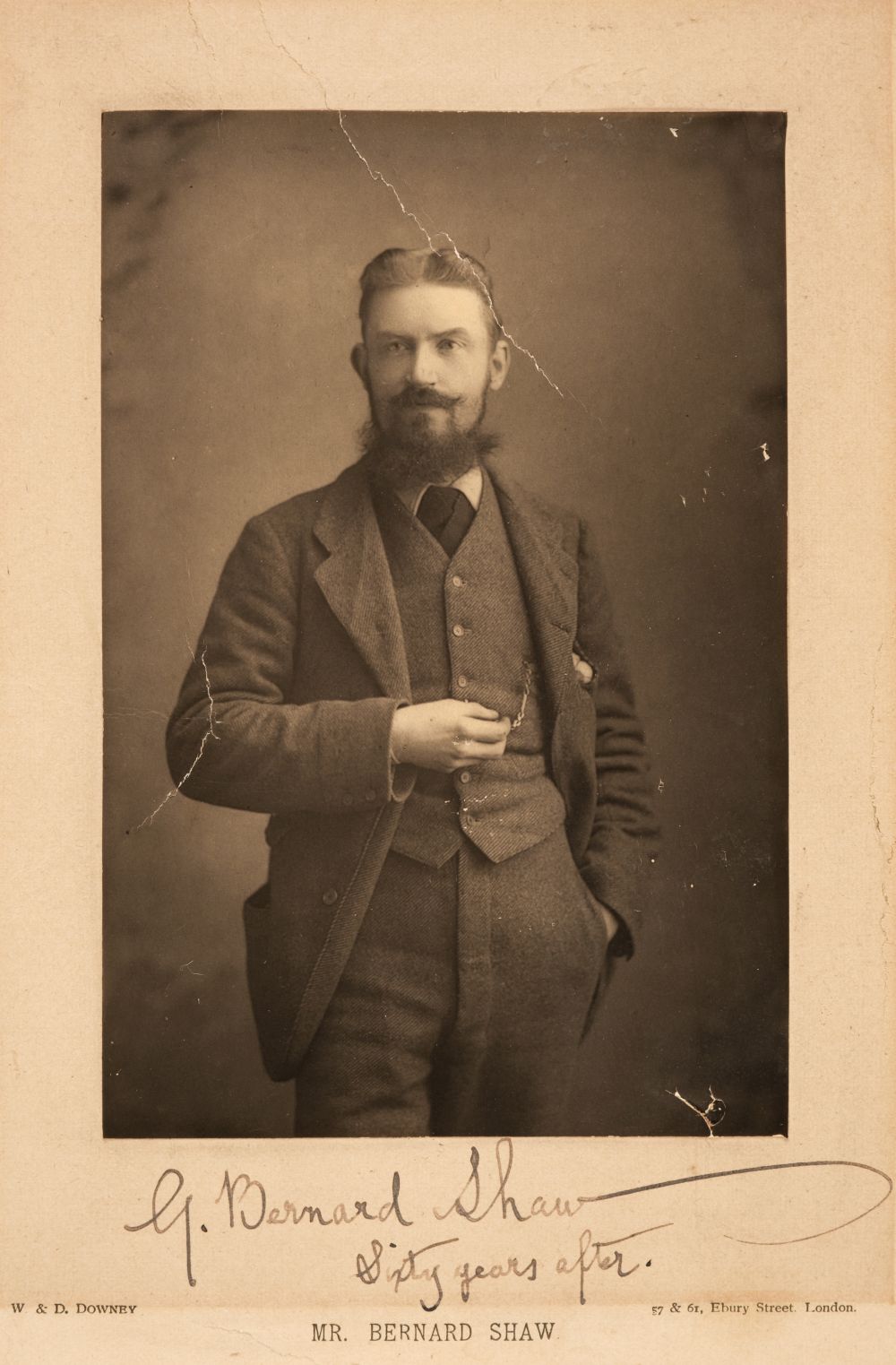[32] pp. Poem by Alan Loney. 5 wood engravings by Richard Wagener on handmade Yamagampi paper. 33.2x17.5 cm (13x7"), bound by Lisa Van Pelt using handmade Twinrocker paper over boards with blindstamped cover title, spine titled in green, slipcase made with handmade paper from Papeterie St-Armand, Montreal. Designed and printed by Richard Wagener on another handmade Twinrocker paper. A/P 1 of 9 artist and studio proofs from a total edition of 50. Signed by Richard Wagener at colophon, as issued. Additionally signed by Wagener with inscription to Rue Jenkins, "To one who appreciates the creativity of the artist and the words of the poet." dated March 6, 2021. Prospectus included. "Alan Loney notes 'this poem might seem to break a very old tradition–in both Hesiod and Homer a woven cloth is often described as ‘a wonder to behold’, and the craft that creates that wonder is registered by the tightness of the weave, known by the ancient Greeks as harmonia – in Richard’s engravings the apparent weave is loose, open, broken, torn, decayed – yet something about these ruins, these remnants, is nevertheless, to my sense of it, in as deep a harmony with the reality of our lives as lived as anything I know in the engraver’s art – I can only hope that the poem is similarly open-ended & fragmentary as the art that stirred & buoyed the writing on its way.'" - prospectus.
[32] pp. Poem by Alan Loney. 5 wood engravings by Richard Wagener on handmade Yamagampi paper. 33.2x17.5 cm (13x7"), bound by Lisa Van Pelt using handmade Twinrocker paper over boards with blindstamped cover title, spine titled in green, slipcase made with handmade paper from Papeterie St-Armand, Montreal. Designed and printed by Richard Wagener on another handmade Twinrocker paper. A/P 1 of 9 artist and studio proofs from a total edition of 50. Signed by Richard Wagener at colophon, as issued. Additionally signed by Wagener with inscription to Rue Jenkins, "To one who appreciates the creativity of the artist and the words of the poet." dated March 6, 2021. Prospectus included. "Alan Loney notes 'this poem might seem to break a very old tradition–in both Hesiod and Homer a woven cloth is often described as ‘a wonder to behold’, and the craft that creates that wonder is registered by the tightness of the weave, known by the ancient Greeks as harmonia – in Richard’s engravings the apparent weave is loose, open, broken, torn, decayed – yet something about these ruins, these remnants, is nevertheless, to my sense of it, in as deep a harmony with the reality of our lives as lived as anything I know in the engraver’s art – I can only hope that the poem is similarly open-ended & fragmentary as the art that stirred & buoyed the writing on its way.'" - prospectus.


/196/1227196.jpg)












Testen Sie LotSearch und seine Premium-Features 7 Tage - ohne Kosten!
Lassen Sie sich automatisch über neue Objekte in kommenden Auktionen benachrichtigen.
Suchauftrag anlegen